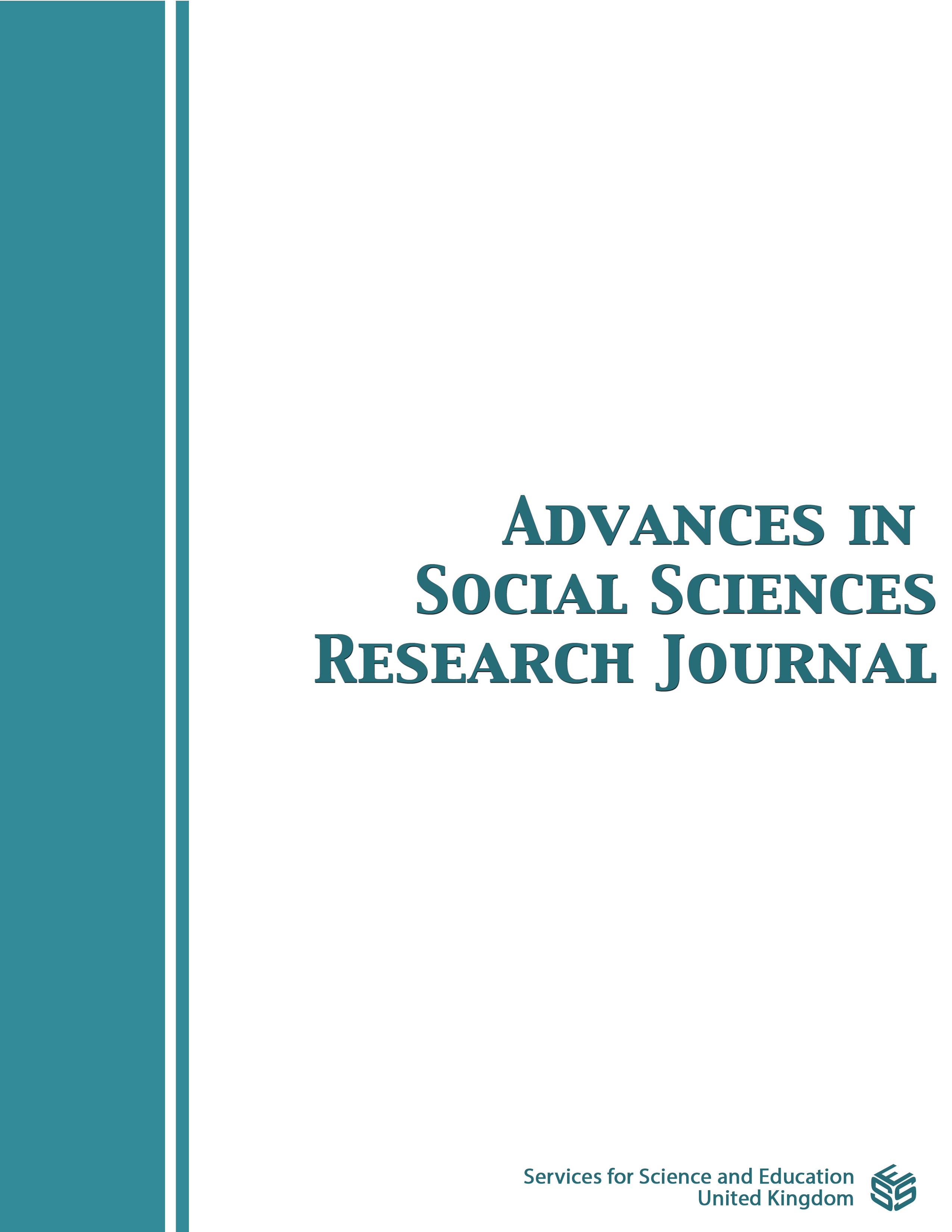Cultural Underpinnings of Ageism: Exploring the Intersection of Georgian Identity and Aging Stereotypes
DOI:
https://doi.org/10.14738/assrj.1110.17723Keywords:
Older adults, ageist stereotypes, explicit attitudes, implicit attitudesAbstract
This study explores the relationship between Georgian cultural identity and ageist attitudes and stereotypes towards the elderly. It investigates whether a strong identification with traditional Georgian values correlates with ageist perceptions among the younger population in Georgia. Conducted with 300 young respondents, the research revealed that those who strongly identify with traditional Georgian culture exhibited less overt ageism. This aligns with the cultural norms that emphasize respect for elders. However, these individuals may still harbor implicit biases influenced by broader societal trends that prioritize youth and productivity. Older adults were often perceived as warm and kind, but they were also stereotyped as physically and cognitively limited, fitting into the "pity" category of the Stereotype Content Model (Fiske, Cuddy, & Glick, 2002). These findings provided valuable insights into the cultural dynamics of aging in Georgia and have implications for public policy and social interventions aimed at mitigating ageism.
Downloads
Published
How to Cite
Issue
Section
License
Copyright (c) 2024 Anastasia Kitiashvili

This work is licensed under a Creative Commons Attribution 4.0 International License.
Authors wishing to include figures, tables, or text passages that have already been published elsewhere are required to obtain permission from the copyright owner(s) for both the print and online format and to include evidence that such permission has been granted when submitting their papers. Any material received without such evidence will be assumed to originate from the authors.






